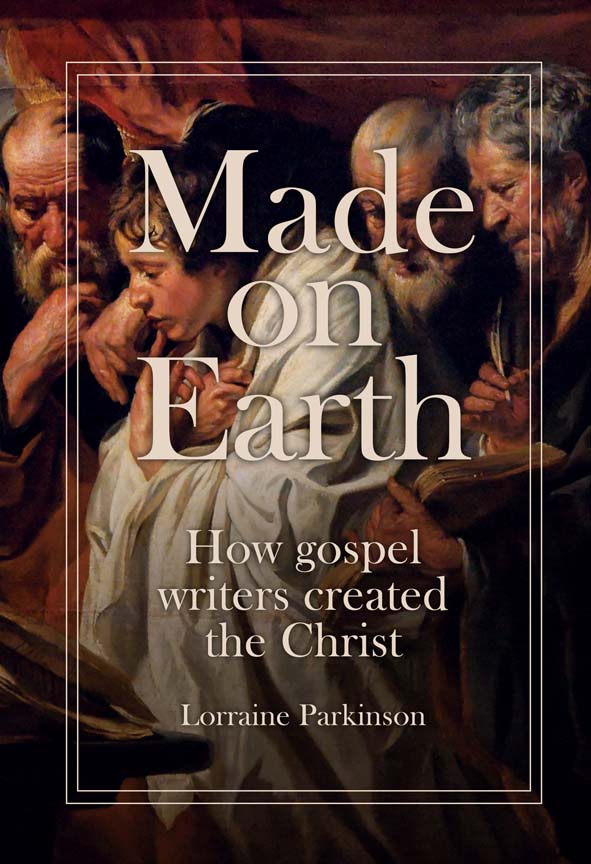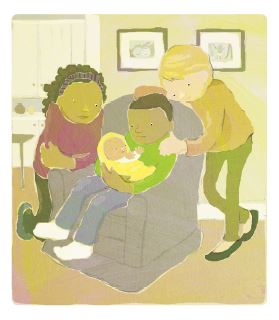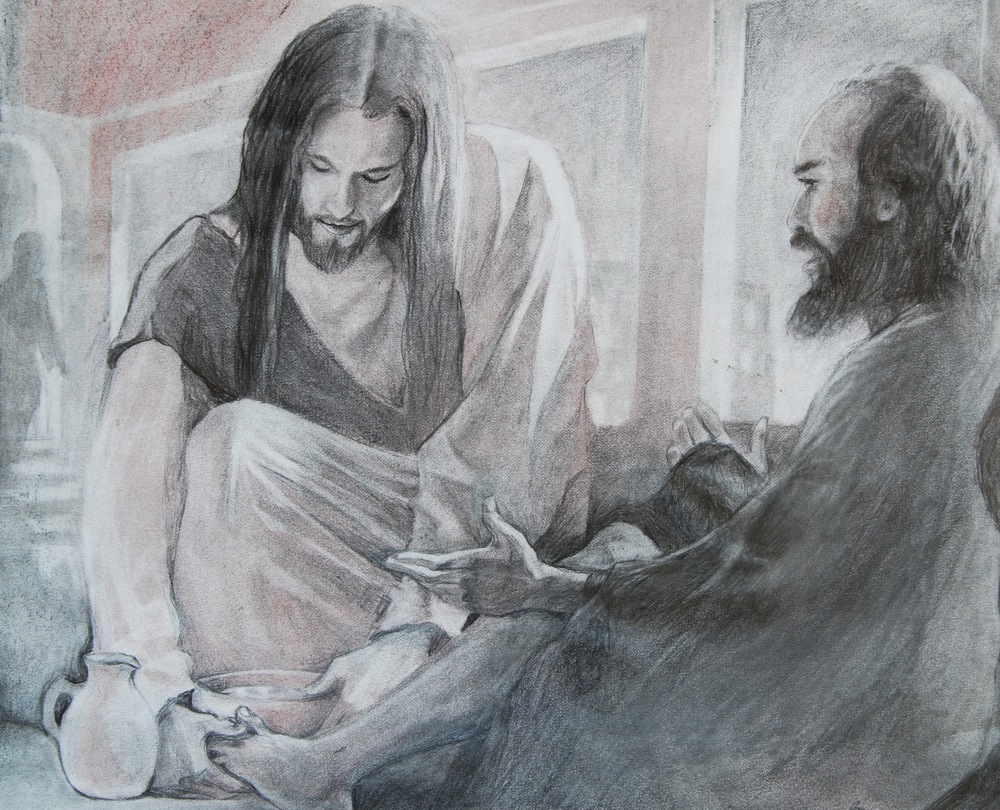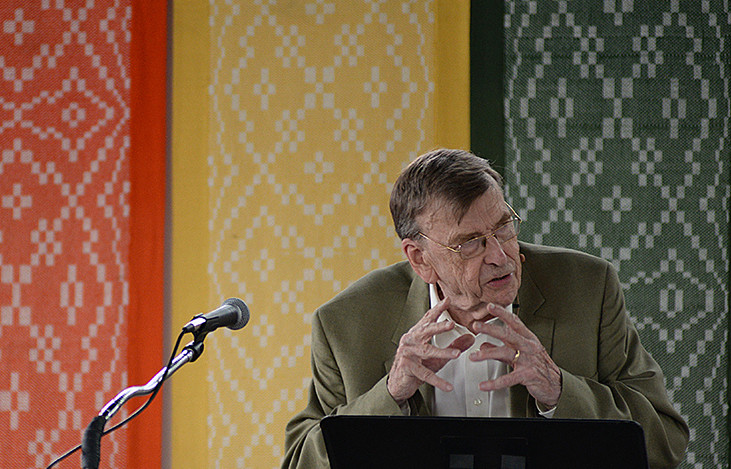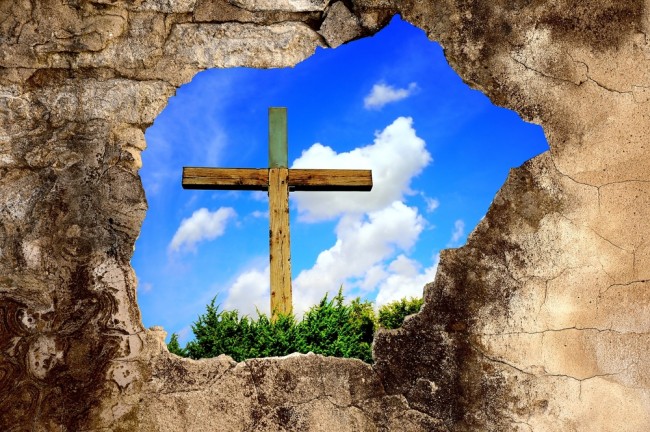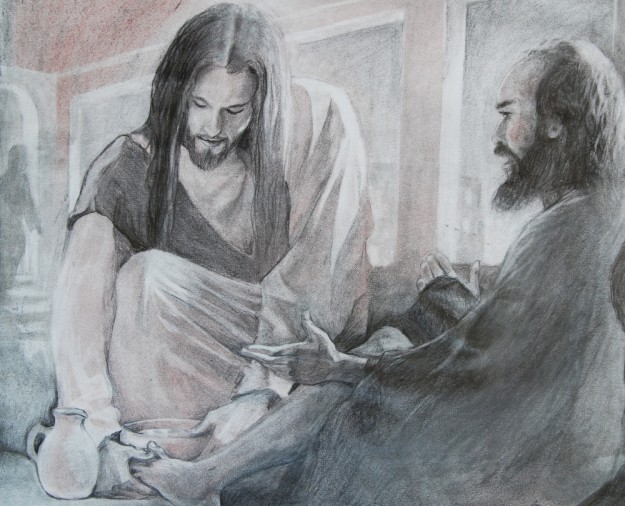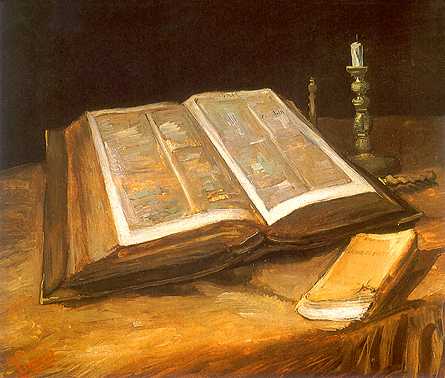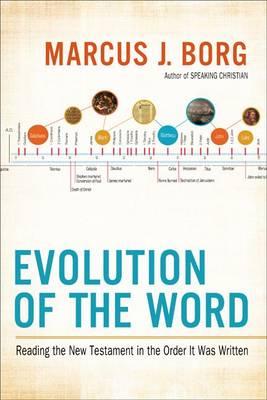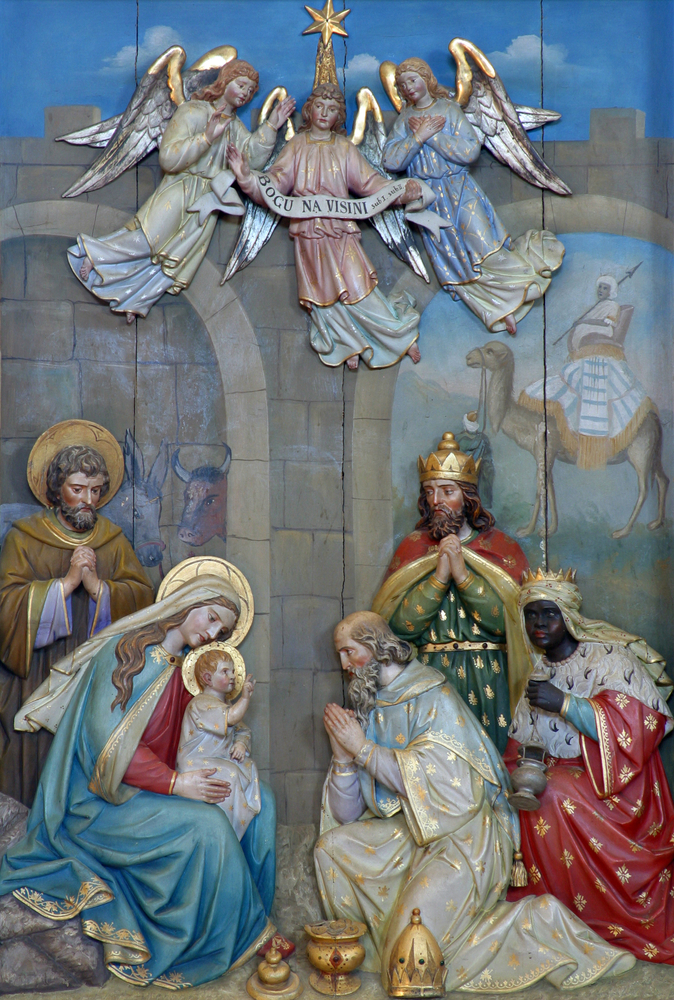NEW TITLE RELEASE 21st January 2016
In this book Lorraine Parkinson sets out compelling reasons why the gospels may be found to have been ‘made on earth’. She builds a strong argument that each gospel was written to make a distinct case for Jesus as the Christ. She presents detailed evidence that the Christ of the gospels is the creation of Mark, Matthew, Luke and John, plus later editors. The sub-text of this book contends that by including teachings of Jesus alongside claims for him as Christ, gospel writers bequeathed to Christianity two contradictory gospels – the gospel of Jesus and the gospel about Jesus.
Through service we find love and truth in action. When we serve with love and compassion, those whom we serve become brothers and sisters, not the others.
We know true joy when we experience the reality of God’s presence within. The word joy is used at Christmastime so often that it is almost synonymous with the season. When we have an inner awareness of the presence of God, we experience joy. When we celebrate the birth of Christ, we celebrate that living presence born on earth. Joyful day! God’s presence can be experienced in every moment of our lives when we become aware that the reality of God never changes; it is not dependent on circumstance or season.
Jesus taught that we should love everyone, even our enemies. In this age of multi-media information, we are made aware of all the reasons people can be difficult to love; loving everyone appears even more daunting than it must have two thousand years ago. However, if we remember that universal divine love exists within and flows throughout all creation, it becomes clear that our part is not to make ourselves love, but to allow love to flow through us at every opportunity. Every moment is an opportunity. Jesus was a pure channel for universal love; love flowed through him without interruption or corruption. The power of that pure love could be felt by all who opened their heart to the experience, and we can experience it as well if we open our hearts to the possibility.
How do you account for / explain the different versions of the same event? To what extent does it matter in your understanding and experience of Jesus that the details that describe such a fundamental event in his life are not an agreed Gospel record across Mark, Matthew and Luke? Why did John ignore all the details of the baptism of Jesus?
Jesus called on people to change. Not just a little, but dramatically. The ‘kingdom of God’ is the term Jesus used to express his vision of a profound transformation of human beings and human institutions—social, political, economic and religious—to fully express the character and nature of God—a God of love. To accomplish this vision, Jesus worked toward the creation of a new kind of community dedicated to values of compassion, generosity, peace, and justice. He was creating a movement for change, a people engaged in a vast conspiracy of love.
When I am struggling, maybe with grief, or trying to sort out something difficult in my life, I often go to a special spot and quietly wait for the new sun to appear. It always makes a significant difference in my being when I do this. My load feels lighter. My fears often dissolve. My grief can be transformed into hope. Over the years I have thought of all kinds of metaphors that may explain this phenomenon. I am reminded that it is a new dawn, or a new day. No matter how painful or dark my situation seems to be, as that sun comes over the horizon everything in my life begins to look and feel different. The new sun symbolizes a new beginning for me. I feel I have gained a new perspective. My internal darkness has dissolved into new light and I am comforted.
This past year, at my congregation on Cape Cod, we began to celebrate the seasons of the year as part of our affirmation
John Shelby Spong gives an introduction and brief explication of his 5 day lecture series hosted by the Department of Religion, in the Hall of Philosophy.
John Shelby Spong explains how the 4th Gospel creates a symbol from the presence of Christ's mother. This is the fourth lecture of a five lecture series.
John Shelby Spong continues his 5 day lecture series. He explains the colorful characters who hold dual purpose in the fourth Gospel.
John Shelby Spong concludes his five day lecture series by explaining the Crucifixion in the fourth Gospel. This event was hosted by the department of religion and took place on June 27, 2014.
John Shelby Spong explains the importance of reading the 4th Gospel with out being a literal. Hosted by the Department of Religion, this event is part 2 of 5 and was held on June 24, 2014.
For many Christians, a supernatural theistic God is a daily reality in their lives, but for many others, this kind of God is simply not there. They long to feel God’s presence and God’s love, but instead they experience emptiness and isolation. They worship God in church, but find that God is not present in the sanctuary. They pray fervently to God in private moments, but realize that their prayers often go unanswered. In the end, there is only silence.2 The biblical character of Job cried out to God in despair, “I cry to you God, but you do not answer. I stand before you, and you don’t even bother to look.”3
To believe, or give assent to, a fixed set of beliefs, such as, “I believe in God the father almighty....,” or the inerrency of the Bible is to cut off the possibility of growth. If you have all the answers you are not open to new thoughts or questions. Communicating with a fundamentalist is very difficult, and we are all fundamentalist in a variety of ways. But Leonard Cohen reminds us that “there is a crack in everything, that’s where the light comes in.”
The dry bones raised by Ezekiel are a metaphor for those who died in the service of God’s justice: those who died working to restore God’s distributive justice-compassion to God’s Earth, and who themselves never saw the transformation. The army of dry bones is an army exiled from justice. Fairness demands that if Jesus was resurrected into an Earth transformed into God’s realm of justice-compassion, then all the other martyrs who died too soon should also be raised with him. “But in fact,” Paul writes in 1 Corinthians 15:20, “Christ has been raised from the dead, the first fruits of those who have died.” It is the Christ – the transformed and transfigured post-Easter Jesus – who has started that general resurrection, which restores justice-compassion to a transformed Earth. The transformation has begun with Jesus, and continues with you and me – IF we sign on to the program.
We need to subject the resurrection stories of the New Testament to the same critical analysis as we did the crucifixion. So let us examine Paul’s writings and the gospels in an attempt to discover what the event we call Easter really was.
Most people assume that the Bible is filled with stories of supernatural happenings and miraculous interventions. The accounts of miracles in the Bible are generally limited to three cycles of stories: the Moses-Joshua cycle in the Torah, the Elijah-Elisha stories that are recorded between I Kings 17 and II Kings 13, and the Jesus-Disciples of Jesus stories that are found in the four gospels. There is an occasional supernatural tale in other parts of the Bible, but these are the only areas where they are concentrated. Our concentration is primarily on the miracles that are attributed to Jesus in the gospels. The reported supernatural deeds performed by Jesus during his ministry can be categorized into four groups: cures, exorcisms, raising the dead, and nature control. Interestingly, each type of miracle that is attributed to Jesus in the gospels also occurred in the Moses-Joshua and Elijah-Elisha stories.
The four gospels divide Jesus’ followers into three groups. The Greek word “ochloi” refers to the crowds who gathered when Jesus preached; “Mathetes” refers to the followers who stuck around for more teaching; and “Apostolos” refers to the disciples, those chosen by Jesus as his inner circle.
The New Testament in the Order the Books Were Written
the full-text of the New Testament—and one of the only Bibles organized in chronological order and including explanatory annotations that give readers a more informed understanding of the Scripture
When we look at the entire story of Jesus, including his teachings as well as his life, it seems clear his path always presumed a spiritual death before one could experience new life or rebirth. His hodos required a death to the old before there could be a birthto a new way of seeing, a new way of understanding and experiencing life.
2) The Hebrew scriptures, or the Old Testament, represent a religious tradition that is independent of the later Christian faith. The Hebrew scriptures aren't about Jesus, although the Christian scriptures include many references to the Hebrew scriptures. To honor the fundamental differences between the two sets of scriptures doubles the spiritual significance of the entire Bible.
I simply do not believe that at this point in time the distinctiveness of our different churches is more important than the values and common understandings of Scripture that unite us.
During the celebration of Christmas, familiar images are recalled in hymns and scripture about the birth of Jesus. In the popular mind, the appearance of herald angels, shepherds abiding in the fields, the star of Bethlehem, the virgin Mary giving birth in a stable, and the adoration of the Magi, have all been melded into one Christmas story. In reality, there are in the gospels, two distinct and at times contradictory stories of Jesus' birth. A careful reading of the Bible itself reveals that so much about this celebrated birth is myth.
By: Gary Wiburn. Last week I spoke of our defining identity here at First Presbyterian as being four things: a Christ-Centered faith, a place of Creative Celebration, of Compassionate Caring, and Inclusive Community. These are some of the primary ways in which we understand ourselves as a Center for Progressive Christianity, which means nothing less than trying to embrace the essential teachings of Jesus.
This is the Passion story. The story of Jesus' betrayal and his death.

